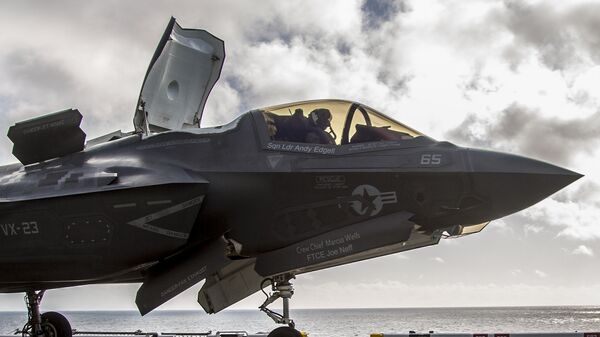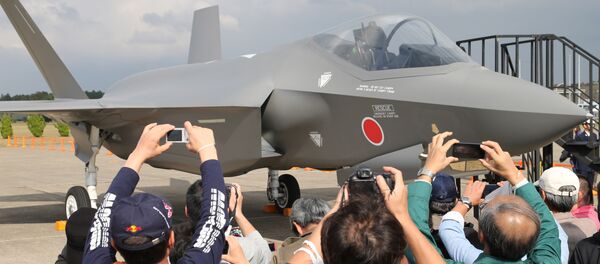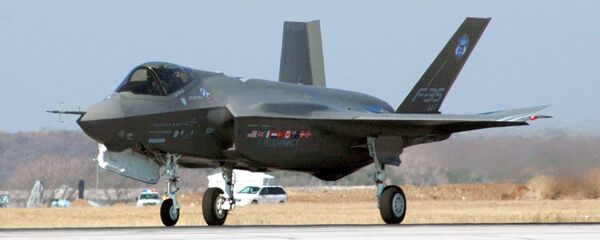An essential part of the F-35’s infrastructure, the newest iteration of the Autonomic Logistics Information System (ALIS), provides step-by-step maintenance instructions, allows personnel to order spare parts and facilitates the planning of missions.
In a release, Lockheed said, "ALIS 2.0.2 now integrates propulsion data, which allows users to manage the F-35 engine from inside ALIS, eliminating the need for multiple maintenance systems and field service representatives to assist with engine diagnostics, analysis and maintenance. ALIS 2.0.2 improves the tracking of life-limited parts and streamlines resource management for deployed operations."
The integration of a Pratt & Whitney-made engine for the F-35 is the most considerable change from previous versions of the system, and ALIS 2.0.2, as it is now the only maintenance system a service will need to make repairs, will keep an eye on the propulsion system’s health and run diagnostics.
Mike Beard, who works in Lockheed’s customer engagement and logistics strategy section for the F-35, pointed out that although all of the fighters use the same logistics system, the F-35Bs used by the Marines had to undergo a separate update to the engine’s computing system to accommodate ALIS 2.0.2.
This update has now been completed, though Pratt & Whitney weren’t able to finish in time for testing at Edwards and Nellis Air Force bases.
Beard told Defense News, "Now that we have that, we’ll be integrating it [with ALIS], and we’ll be able to roll it out to the Marine site."
Lockheed notes that software improvements will facilitate better connections between ALIS systems at home bases and those that are deployed.
Since March, aircraft from Nellis has been supported by the new system, which will we rolled out to operational sites gradually until the end of 2017.
"This upgrade will allow deploying units to predict ‘what if’ scenarios inside ALIS, removing most of the manual planning that is done today." Lockheed’s Vice President of F-35 Logistics Reeves Valentine said in a statement. "ALIS 2.0.2 will allow users to forecast and make those decisions. Picking the best jets, support equipment, spare parts and personnel for the deployment and managing resources throughout their lifecycle — that type of data should ultimately translate to better aircraft availability."
In a 2016 interview with Defense Systems, Maj. Gen. Jeffrey Harrigian, former director of the F-35 integration office, said, "This is a new piece of the weapons system. It has been challenging. You have all this data about your airplanes. We learned some things that we were able to do in a reasonable amount of time."




